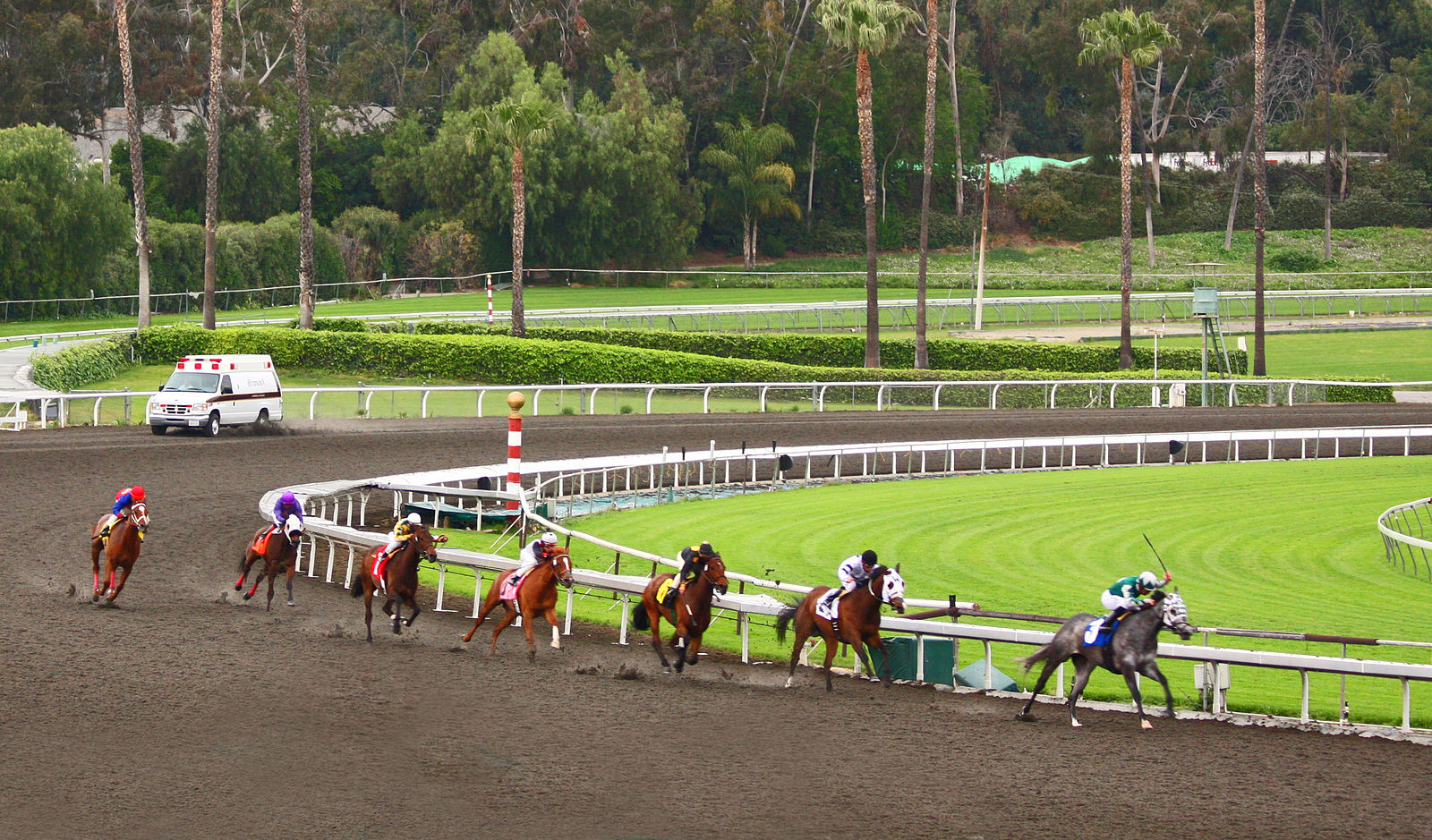Expert gamblers know something most people miss about betting. Wins come from both skill and pure chance. Most people think success at gambling shows expertise alone, but actual veterans tell a different story. Reality sits somewhere between what we can control and what we cannot.
Good players pick their platforms carefully as part of smart gambling practices. Most experts want safe and open systems for their games, and many turn to casinos using Inclave to achieve this. The tool allows for secure, easy access across a variety of platforms. Of course, choosing sites with higher-than-average return rates can also improve your chances of winning, as can strategic use of promotions. But these are only a few parts in a complex puzzle.
Luck Stays at Every Table
You might master every strategy book, but fortune always gets a vote. This fact runs through all gambling types. Roulette, slots, and lottery tickets run on a total chance that no strategy can beat. Even poker, where smart choices matter, cannot remove the random way cards appear.
A perfectly played poker hand will still lose if a rookie gets lucky on the final card. Big tournament players know this all too well. They can make the right move over and over but still get knocked out when the wrong card shows up. When players accept this fact about gambling, they set proper expectations and avoid too much pride.
The False Sense of Control
Skilled players often fool themselves into thinking they control more than they do. This becomes more dangerous as players win more games. Success can trick you into giving your skills too much credit when plain luck deserves some thanks too.
This mistake leads people to take bigger risks and lose money. Smart gamblers must remember random events cannot be tamed or predicted. Without this bit of wisdom, even great players will crash hard because they thought they could predict what cannot be predicted.
Brain Tricks That Fool Smart Players
Even experts get trapped by weird brain quirks that twist clear thinking. The gambler’s fallacy tops the list—when people wrongly think past random events change future odds. A smart roulette player might see red win eight straight times and start to think black must win soon, but that simply isn’t true.
Near-misses create another problem. When slot machines show two jackpot symbols but miss the third by just a hair, our brains read this as “almost won” instead of “completely lost.” This makes us want to play more despite losing money. These mind tricks trap both amateurs and pros.
Smart gamblers also tend to remember their correct guesses but forget their wrong ones. This warped memory builds false confidence in prediction skills, which pushes them toward riskier bets. When gamblers spot these mental weak spots, they stay more aware of how random gambling truly is.
Staying Steady When Wins and Losses Come
When players truly grasp how much luck matters, they handle winning and losing streaks better. This balanced outlook builds good habits: strict betting limits, careful money handling, and seeing gambling as fun rather than an income source.
Pros who stick around for years usually share this outlook. They know that when they respect the random nature of games, they actually make better choices. This acceptance spares them from emotional chaos that ruins many gambling careers.
Skills and chance mix differently across various games. Poker and sports betting reward know-how but still include lots of luck. Slots and lotteries run almost entirely on chance no matter what superstitious folks might say. Winners figure out exactly where each game sits on this range and set their hopes accordingly.
Gambling shows human psychology stripped bare. How we deal with chance, risk, and reward gets highlighted under casino lights. People who approach these places with proper respect for what they cannot predict tend to walk away happier, regardless of short-term results.
Gamblers who last for decades understand one thing clearly: skill counts for a lot, but chance always wants respect at the table.












